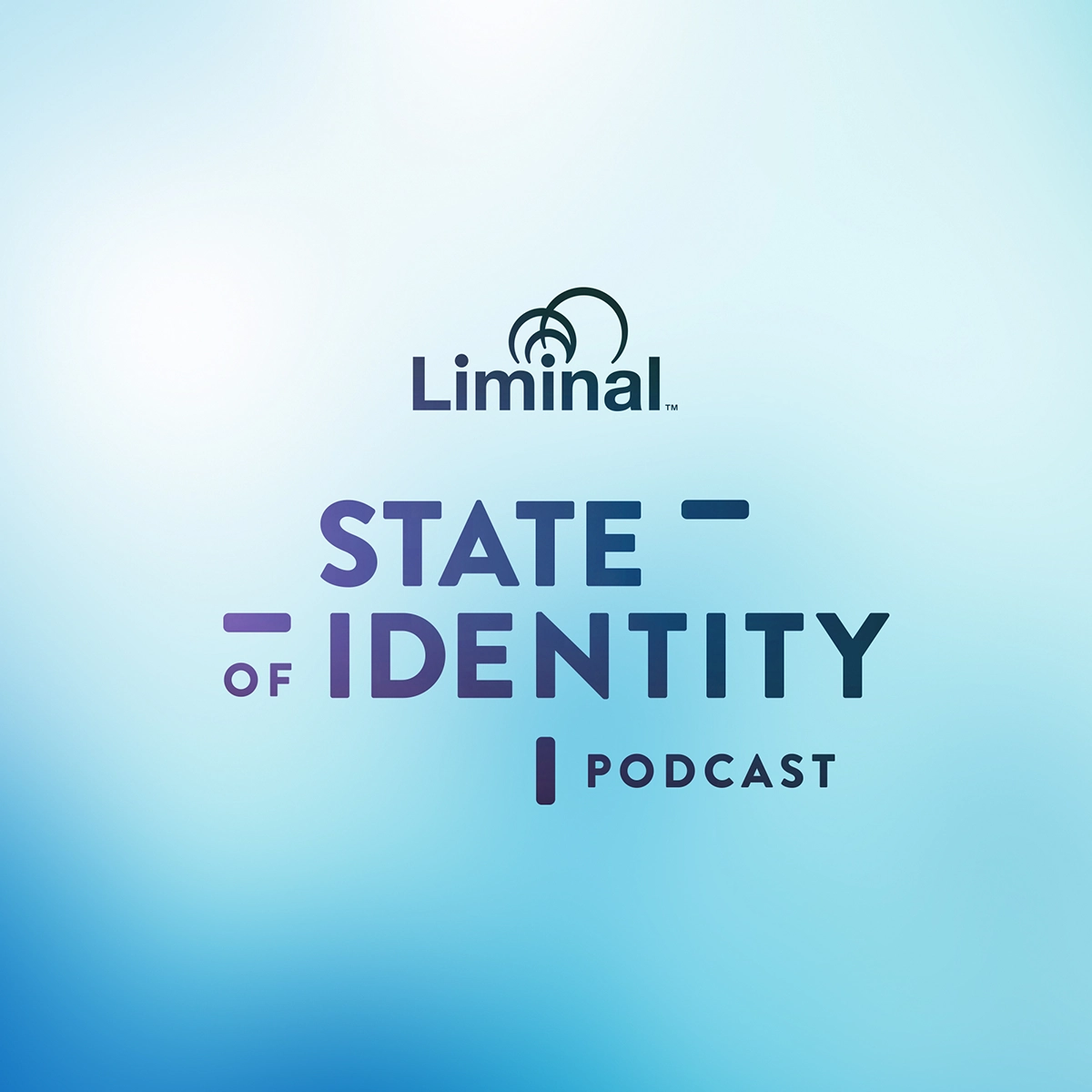Are you seeing a mass acceleration of ID and personal data technology? On this week’s State of Identity podcast, we welcome David Morgan, Visionary at AerPass to discuss the efforts of a consumer-led economy, “Age of Expectation.”
PODCASTS

12/01/22
The Age of Expectation
Hosted by
Cameron D'Ambrosi
Senior Principal at Liminal
Guest
David Morgan
Visionary and CMO of AerPass
Links
